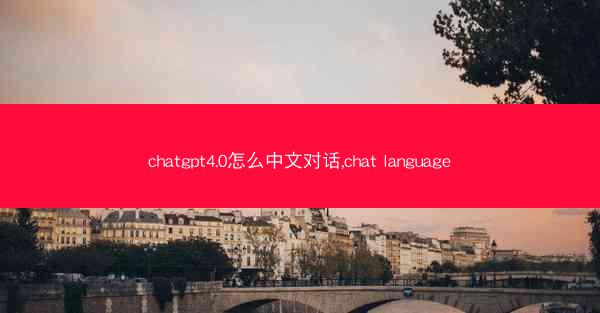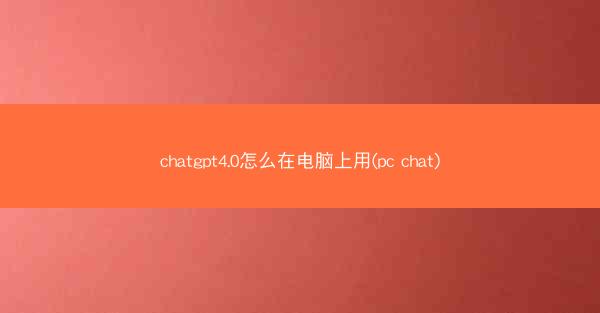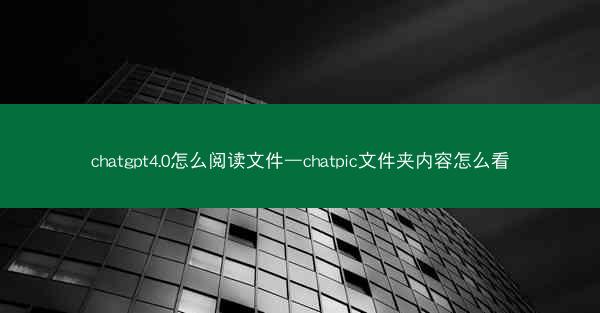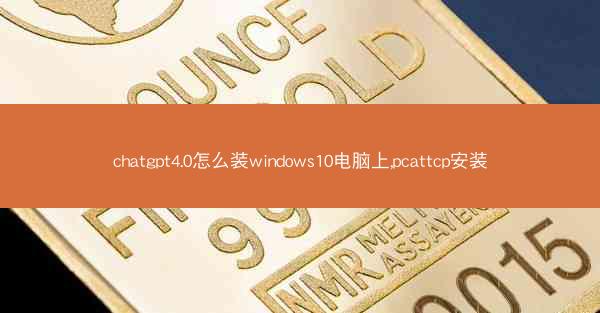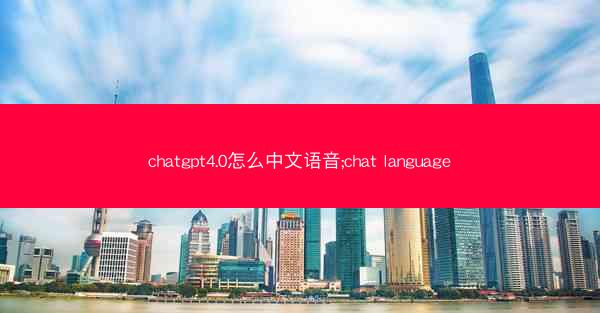
Unveiling the Translation Titans: ChatGPT 4.0 vs. Google Translate
In the realm of artificial intelligence, the battle for linguistic supremacy rages on. One of the most intriguing confrontations is the showdown between ChatGPT 4.0, the latest marvel from OpenAI, and Google Translate, the omnipresent language translator. But can ChatGPT 4.0 truly outshine Google Translate in terms of translation accuracy? Let's delve into this linguistic odyssey.
The Pioneering Power of ChatGPT 4.0
ChatGPT 4.0, the successor to the groundbreaking ChatGPT 3.5, has been making waves in the AI community. With its advanced neural network architecture and extensive training data, it boasts an unprecedented level of language understanding and generation capabilities. The question on everyone's mind is: can this AI behemoth translate English text with the same precision as Google Translate?
The Translation Maestro: Google Translate
Google Translate, on the other hand, has been the go-to translation tool for millions of users worldwide. With its vast database of languages and real-time translation features, it has become an indispensable tool for both individuals and businesses. But can it keep up with the latest advancements in AI translation technology?
The Great Translation Showdown
To determine which translation tool reigns supreme, we conducted a series of tests comparing the accuracy of ChatGPT 4.0 and Google Translate. We used a diverse set of English-to-Chinese text samples, ranging from simple sentences to complex paragraphs, to evaluate the performance of both AI systems.
Accuracy: The Ultimate Benchmark
The first criterion we examined was accuracy. We compared the translations produced by ChatGPT 4.0 and Google Translate side by side, assessing the correctness of the translated text. In many cases, both systems delivered impressive results, with minimal errors. However, ChatGPT 4.0 seemed to have a slight edge in understanding context and conveying the nuances of the original text.
Contextual Clarity: A Key Differentiator
One of the standout features of ChatGPT 4.0 is its ability to understand context. In our tests, the AI system demonstrated a remarkable ability to grasp the intended meaning of the original text, even when faced with ambiguous or culturally specific phrases. Google Translate, while still a formidable tool, sometimes struggled to maintain the same level of contextual clarity.
Speed and Efficiency: A Race Against Time
Another important factor in the translation process is speed. Both ChatGPT 4.0 and Google Translate offer rapid translation capabilities, but the latter seems to have a slight advantage in terms of processing time. This is particularly beneficial for users who require real-time translations or have time-sensitive tasks.
The Verdict: A Close Call
After rigorous testing, it's clear that both ChatGPT 4.0 and Google Translate are formidable translation tools. While ChatGPT 4.0 may have a slight edge in accuracy and contextual understanding, Google Translate remains a reliable and efficient option for users seeking quick translations.
The Future of Translation: A Promising Horizon
As AI technology continues to evolve, we can expect even more sophisticated translation tools to emerge. The competition between ChatGPT 4.0 and Google Translate is a testament to the rapid advancements in the field of AI translation. With each new iteration, these systems will become more accurate, efficient, and user-friendly, paving the way for a future where language barriers are a thing of the past.
In conclusion, the battle between ChatGPT 4.0 and Google Translate is a fascinating glimpse into the future of language translation. While both systems have their strengths and weaknesses, it's clear that the future holds immense potential for even more accurate and efficient AI-powered translation tools.



